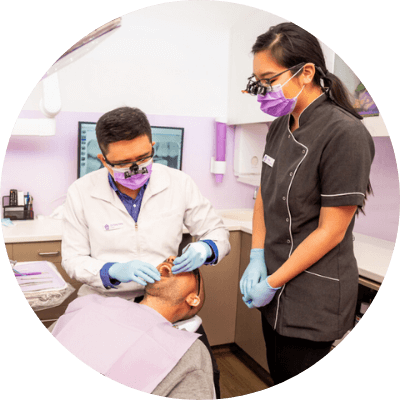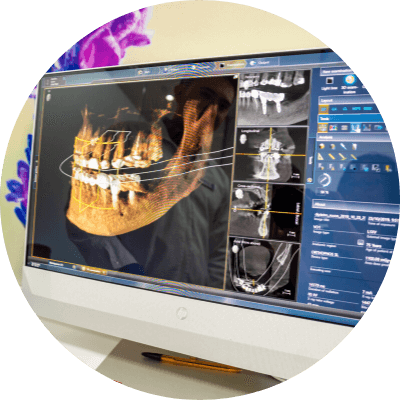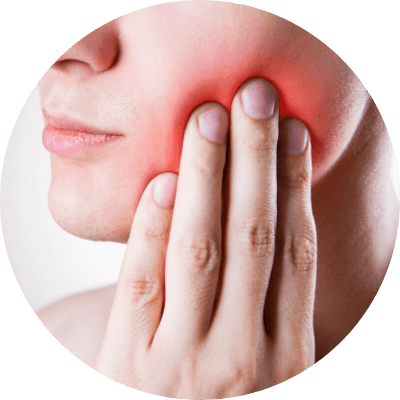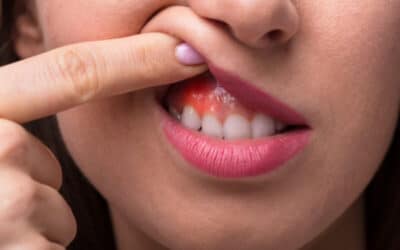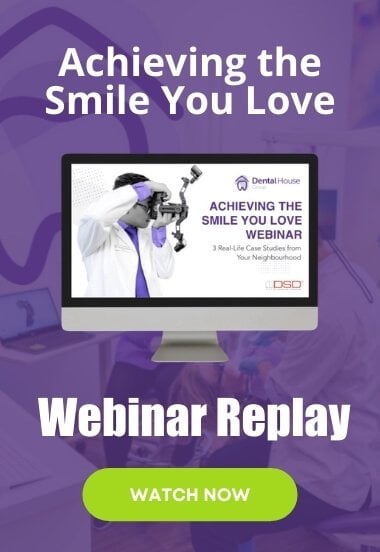Is There A Link Between Gum Disease And Mental Health?

Unless you’re dealing with dental care and the health insurance industry.
Not surprisingly, a child knows that their mouth is the gateway to their insidey bits. That’s why chocolate goes in there.
Universally, there is this bizarre separation between your mouth and every other organ and biological component that constitutes being an individual human. It’s an exclusion that carries devastating consequences for millions of people.
Like a luxury tax on tampons, there is no logical, reasonable or contemporary definitive for that.
Since December 25, 2021 we have had the James Webb Space Telescope bringing us images of dozens and dozens of the most distant galaxies, and observing planets beyond the orbit of Mars. It can monitor the weather of planets and their moons, and we may soon be seeing galaxies as they existed about 200 million years after the Big Bang.
All this incredible advancement in just 52 years, five months and five days after a grainy moon landing was watched on black-and-white tv sets around the world.
In less than the average lifetime, we have gone from recording the Apollo 11 lunar landing with a Hasselblad Data Camera, Zeiss 60mm lens and a 70mm magazine with special thin-base Kodak film, to astronomers creating the largest ever 3D map of one million distant galaxies that until recently, were completely obscured by the Magellanic Clouds.
Too spectacular for words. Yet global, quality, affordable dental care eludes us.
In June 2022 a breakthrough study was published in the journal Nature Cancer. Dr Jung-Mo Ahn, a University of Texas researcher, has synthesised a compound that completely and utterly eradicates a broad spectrum of hard-to-treat cancers, and leaves healthy cells unscathed.
Unbelievable! As is the WHO Global Burden of Disease Study 2019 telling us that 3.5 billion people worldwide are affected by oral diseases, and still healthcare providers insist a disparity between oral, and general health. It has long been proven that poor oral health is primarily linked to income: either because of low socioeconomic status, or simply because the treatment or procedure is largely unaffordable.

As an example, roughly $1 billion is spent annually in U.S hospitals palliating preventable dental pain.
But healthcare isn’t about health, it’s about business. Chance would be a fine thing.
We already know that periodontitis both influences, and assists in the progression of several systemic diseases. Cancer, type 2 diabetes, respiratory disease, cardiovascular disease, cancer, adverse pregnancy outcomes and neurodegenerative disease is the cavalcade of calamity that has nothing to do with the 1993 card trading game.
It is however, a stacked deck. All because a 17th century Frenchman – Pierre Fauchard – sought to elevate dentistry as its own science; separate from doctors, alchemists, and barbers all of whom also pulled teeth.
In 1840 the first dental school was opened in the United States (in Baltimore to be precise) but the focus was not much on medicine. It was on having a deftly skilled hand; early dentists were impressive craftsmen.
Dentistry leaned toward medicine in the early 1900s, when dentists and doctors correlated a relationship between the infection of a tooth and its access to the rest of the body. It prompted to protocol of dentists attending some medical classes. But there was always the sniff of the elite with doctors and surgeons. The notion that dentistry was not life saving in the same way as medicine, adhered and persisted like the bone and skin overgrowth of the unfortunate Joseph Carey Merrick.
The elephant in the room was almost addressed in the 1960s and ’70s, when funding for dental research increased. At the same time in the U.S, almost 70% its population was covered by employer-based health insurance. With healthcare inextricably linked to health insurance (an entire system borne of profound historical accident) dental was not included. Many countries played follow-the-leader on this one because, at that point, the U.S did lead the world. (Although invariably nobody asked where it was in fact leading us to.)
Like the insurance industry itself, there was nothing natural or inevitable about that exclusion. Somewhere, somebody crunched the numbers. They did the grind on teeth grinders, gummed up on gum disease and cracked the code on cracked teeth. Somehow they reached an acceptance criteria – that involves crying real tears if there’s an expectation that logic or reason had any place in any of it.
This honest dishonesty is mansplained by Dr Adam C. Powell, President of Payer+Provider Syndicate, a Boston economic consultancy for the healthcare delivery industries. “The reason dental is separate from medical is that the nature of the risk is fundamentally different as is the deferability of the care. If you’re having a heart attack you’ll go to the ER right away. Dental problems can often wait and unfortunately often do. The problem may deteriorate, but often it’s not necessarily life-threatening.”
Unless of course it is – because accumulated evidence now tells us that. Logic dictates that nothing is “necessarily life-threatening” if it’s treated; many things are if it’s not. Scratching yourself on a barbwire fence is not necessarily life-threatening. Funnily enough, tetanus is.
Why it is that we agree to believe this tosh like we’re experiencing some kind of mass psychosis could have something to do with the recently confirmed affect gum disease has on mental health.
Its prevalence in both developed and developing countries sits between 20-50% of the global population when it’s not rocking in a feeble attempt to self-soothe.
Research on this was published in the December 2021 journal BMJ Open. This online, peer reviewed open access medical journal is dedicated to the availability of medical research across all disciplines and therapies in the promotion of scientifically credible knowledge. The champion of better research, clinical practice and healthcare policy has highly impacted the medical fraternity since 1840: which you may have noticed is the same year the first dental school was established.
(I don’t necessarily know what that means; and exactly what I’d say to Dr Adam C. Powell given half a chance.)
The research linking gum disease and mental health ascertains that patients with a recorded history of periodontal disease at the start of the study, were more likely to be diagnosed with depression, anxiety or a serious mental illness over an average of three years.
So there’s another clammy hand joining the hillbilly hoedown of the “Not Necessarily Life-Threatening” square dance of hootenanny healthcare.
And not to put too fine a point on the whole space-exploration-cancer-cure-but-there’s-no-mouth-in-your-body healthcare hypocrisy, Agenda 21 was endorsed in June 1992. At that UN Conference on Environment and Development, eighty-eight (88!) world governments set out a plan of action to guarantee that life in the next millennium (er, now) would change substantially for the better.
Maybe it has. I mean, 20-50% of us are too mental to know.
Note: All content and media on the Sunbury Dental House website and social media channels are created and published online for informational purposes only. It is not intended to be a substitute for professional medical advice and should not be relied on as health or personal advice.
Services Mentioned
Related Articles
Some Sweet News For Diabetes Sufferers With Gum Disease
Diabetes type 2 is a scourge for sufferers and those with it know that well. Here is some sweet news for diabetes sufferers with gum disease. A new study performed at the University of Buffalo School of Dental Medicine made some helpful findings in this regard. The...
Can Gum Recession Be Fixed With Dental Bonding?
Gum Recession Fixes: Can gum recession be fixed with dental bonding? In some cases it can help and it is well worth a discussion with…
Bruxism In Children: Is It Influenced By Screen Time And Sugar?
Children gnashing & grinding their teeth asleep in bruxism – a scene from a horror movie. Overstimulation of sensitive minds…
Let The New Year Bring New Commitment To Your Oral Care
If you can be inspired to make one new year’s resolution this year let it be for your dental health. Let the New Year bring new commitment to your oral care in 2024 and beyond. This is no mere dentist’s selfish wish but a call for an understanding about just how...


